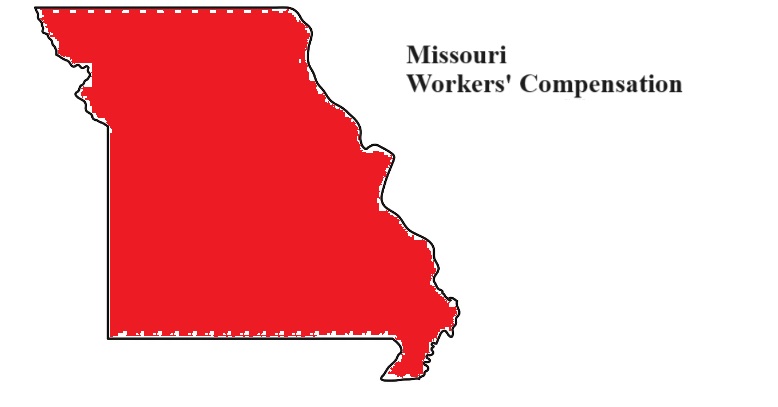MISSOURI WORKERS’ COMPENSATION
TEMPORARY TOTAL DISABILITY
Temporary Total Disability (TTD) is one of the three major benefits that an injured worker receives in a Missouri Workers’ Compensation case. Temporary total disability is referred to as TTD for abbreviation.
TTD is a check for money which is equal to two-thirds of the gross average weekly wage of the injured worker based on the 13 weeks of gross wages prior to the work injury. The TTD check is typically mailed directly to the injured worker or in some occasions directly deposited to the injured worker’s bank account. Workers’ compensation pays the injured worker TTD for each week of work missed as a result of the work injury either because
(1) The doctor places the injured worker off work due to the work injury
OR
(2) The doctor placed light duty restrictions on the injured worker, and the employer can not provide accommodated light duty work within the doctor’s restrictions; and therefore, the injured worker remains off work.
Law: (RSMo 287.170)
Temporary total disability is found in Missouri Law in the Revised Statutes of Missouri, RSMo 287.170 which states, in part, as follows:
“1. For temporary total disability the employer shall pay compensation for not more than four hundred weeks during the continuance of such disability at the weekly rate of compensation in effect under this section on the date of the injury for which compensation is being made. The amount of such compensation shall be computed as follows:
. . .
(4) For all injuries occurring on or after August 28, 1991, the weekly compensation shall be an amount equal to sixty-six and two-thirds percent of the injured employee’s average weekly earnings as of the date of the injury; provided that the weekly compensation paid under this subdivision shall not exceed an amount equal to one hundred five percent of the state average weekly wage;
. . .
Temporary total disability payments shall be made to the claimant by check or other negotiable instruments approved by the director which will not result in delay in payment and shall be forwarded directly to the claimant without intervention, or, when requested, to claimant’s attorney if represented, except as provided in section 454.517, by any other party except by order of the division of workers’ compensation.
3. An employee is disqualified from receiving temporary total disability during any period of time in which the claimant applies and receives unemployment compensation.
4. If the employee is terminated from post-injury employment based upon the employee’s post-injury misconduct, neither temporary total disability nor temporary partial disability benefits under this section or section 287.180 are payable. As used in this section, the phrase “post-injury misconduct” shall not include absence from the workplace due to an injury unless the employee is capable of working with restrictions, as certified by a physician.
5. If an employee voluntarily separates from employment with an employer at a time when the employer had work available for the employee that was in compliance with any medical restriction imposed upon the employee within a reasonable degree of medical certainty as a result of the injury that is the subject of a claim for benefits under this chapter, neither temporary total disability nor temporary partial disability benefits available under this section or section 287.180 shall be payable.”
Common Problems that Injured Workers have with the Employer and Workers’ Compensation regarding payment of Temporary Total Disability (TTD)
Injured workers regularly have problems with the employer and workers’ compensation insurer paying temporary total disability (TTD).
Common problems include:
- The doctor places an injured worker off work, and workers’ compensation never pays temporary total disability.
- The employer/workers’ compensation insurer pay the wrong amount of temporary total disability, which is usually much lower than what you are entitled to receive.
- Workers’ compensation unnecessarily delays payment of TTD.
- Workers’ compensation sends TTD checks at sporadic intervals, which cause financial difficulty for the injured worker.
- An injured worker is released to work light duty work, and the employer instructs the injured worker to return to work full duty in contradiction to the doctor’s order of light duty restrictive work. The employer makes the injured worker work full duty instead of sending the injured worker home. In this situation, the injured worker exposes themselves to potential additional injury when they should be receiving TTD because the employer can not provide light duty work.
- The employer fires an injured work for alleged“misconduct,” and therefore stops paying TTD
- The employer stops paying the injured worker TTD because they allege the injured worker declined light duty work.
If you’ve suffered a work injury on the job in Missouri, and you are not receiving temporary total disability (TTD) then call our law office immediately for a free consultation. We pride ourselves on fighting for your rights and getting you the benefits you are entitled to by law. Please call us immediately at 314-631-6777
Steven A. Edelman, Attorney
314-631-6777





